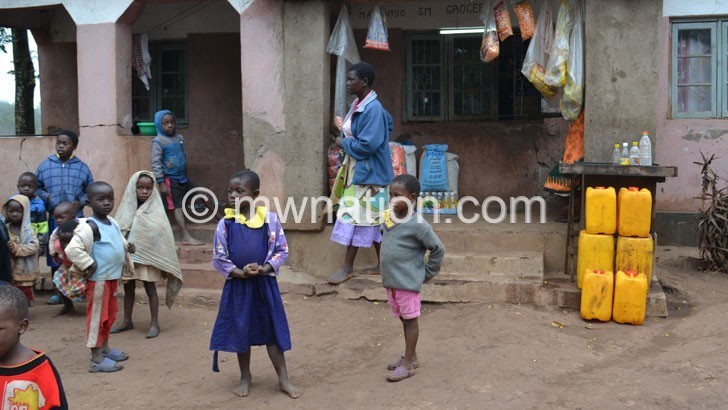Government plans to boost electricity to 30%
Government says it plans to increase rural electricity access from the current 11 percent to 30 percent by 2030, a development that is expected to facilitate inclusive economic growth.
This comes as the government is developing the new Malawi Rural Electrification Project (Marep) Masterplan, which will be rolled out in July this year.
Department of Energy Affairs spokesperson Saidi Jabu said in an e-mail response that among other things, government intends to connect more communities and trading centres to the national power grid.

He said for communities and trading centres far from main power grid, the plan intends to use off-grid electricity options such as mini grids and solar home systems.
Said Jabu: “In the new masterplan, it is expected that more rural communities will be connected to the utility grid. The masterplan study has shown that 80 percent of the population are within five kilometre radius from the distribution line and the next phases will consider connecting these communities.
He said the previous masterplan was implemented fully and exceeded expectations in terms of level of connectivity with more than 1 000 trading centres connected in the eight phases.
Reacting to the new plan, energy expert Grain Malunga, who is also former minister of Natural Resources, Energy and Mines said it is feasible to achieve the 30 percent electricity penetration rate because implementers of the Marep projects are basically private sector players not entirely government.
“The resources are always readily available for Marep projects and we have built expertise over time to construct the desired transmission lines. The challenge perhaps will be the power generation capacity. If we intend to meet the 30 percent target then the project should include Energy Generating Company [Egenco] and other electricity generators,” he said.
Malunga said Marep is one project that has been successful in the country.
Jabu said the Marep Masterplan, which was first developed in 2001, has been reviewed in peacemeal.
He said the first approach, according to the masterplan, was to electrify rural trading centres while the focus now is to increase electricity access not only to trading centres but also to villages.
He said: “The increase in demand for electricity connections due to population increase as well as technological advances affecting equally the rural areas and urban areas that require electricity has necessitated the need for a comprehensive revised rural electrification masterplan.
Marep selection criteria looks at proximity to the electricity grid, demand, population and economic activities for the area.
This means that all areas to be electrified under Marep are identified through village development committees, area development committee and district councils participate in identifying and submitting the proposed beneficiaries to the Department of Energy Affairs.
In the region, Mozambique has 29 percent coverage, Zambia 31 percent, Tanzania 32 percent and Zimbabwe 40 percent.





